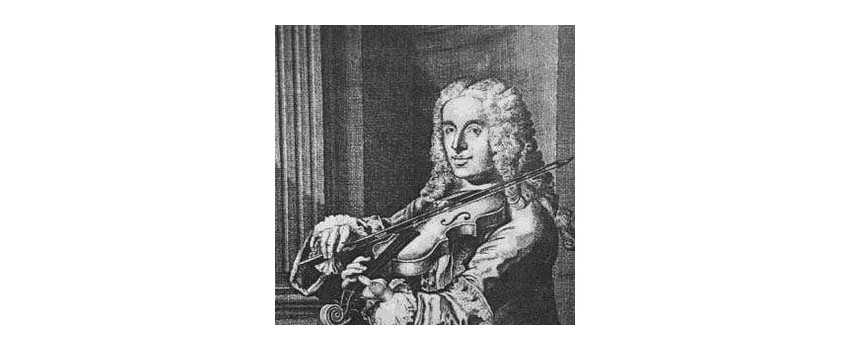Veracini Sonata Op 2 No 8 E Minor Sonata Accademica Violin/Piano (Peters)
Veracini Sonata Op 2 No 8 E Minor Sonata Accademica for violin with piano reduction Violin/Piano (Peters)
Francesco Maria Veracini was an exceptional Italian violinist and composer who left an indelible mark on the music world. Born on February 1, 1690, Veracini's contributions to the Baroque era were groundbreaking. His unique style, often whimsical and capricious, defied the conventions of the time and signalled the end of an era. While some hailed him as a saviour of eighteenth-century music, others were captivated by his eccentricities, which he masterfully built upon a solid foundation of contrapuntal skills.
Early Years and Musical Journey
Veracini's musical journey began in Venice, where he performed solo during the Christmas masses at San Marco on December 24 and 25, 1711. During these performances, he showcased his exceptional talent and played one of his compositions, a violin concerto accompanied by trumpets, oboes, and strings. This marked the first recorded public performance of Veracini playing his work.
In 1714, Veracini embarked on a journey to London, where he presented instrumental pieces at the Queen's Theatre during operas. His compositions were met with great acclaim, and he further solidified his reputation as a virtuoso violinist. Veracini's oratorio, "Mosè al Mar Rosso," was also performed at the court of Johann Wilhelm, Elector Palatine, and Anna Maria Luisa de Medici, further cementing his status as a respected composer.
Veracini's Influence and Collaborations
Veracini's talent and unique style caught the attention of his contemporaries, including the renowned Italian violinist Giuseppe Tartini. Upon hearing Veracini's play, Tartini was so impressed by the bowing technique that he travelled to Ancona the next day to study it more deeply. Veracini's influence extended beyond his violin skills, inspiring other musicians to explore new possibilities and techniques.
During his career, Veracini collaborated with various notable figures in the music industry. In 1718, he was hired by Prince Friedrich August to compose a series of violin/recorder sonatas. This collaboration brought together a talented ensemble of singers, musicians, architects, painters, and carpenters, creating a vibrant and dynamic atmosphere for creativity to flourish. Veracini's compositions for Prince Friedrich August's court in Dresden showcased his versatility and innovation as a composer.
Veracini's Legacy and Recognition
Veracini's impact on the music world must be balanced despite his eccentricities. His compositions pushed the boundaries of baroque music, paving the way for new styles and approaches in the following centuries. Veracini's legacy is further immortalized by the asteroid 10875 Veracini, named in his honour.
One of Veracini's most notable compositions, the Violin Concerto in D Major, has been debated among music scholars. While some believe it was completed in Frankfurt for Charles VI's coronation on December 22, 1711, just days before Veracini's solo performance in Venice, others argue that it was the concerto Veracini performed during the Christmas masses in Venice itself. Regardless, this concerto is a testament to Veracini's genius and versatility.
Conclusion
Francesco Maria Veracini's contributions to music were nothing short of extraordinary. His distinctive style, characterized by whimsy and caprice, challenged the conventions of the baroque era and paved the way for new musical possibilities. Veracini's talent as a violinist and composer left an indelible mark on the music world, inspiring generations of musicians to push the boundaries of creativity. His legacy lives on, ensuring Veracini will forever be associated with innovation and musical brilliance.

Veracini Sonata Op 2 No 8 E Minor Sonata Accademica for violin with piano reduction Violin/Piano (Peters)
Veracini Sonata E minor Op2 No8 for Violin ( IMC Edition)